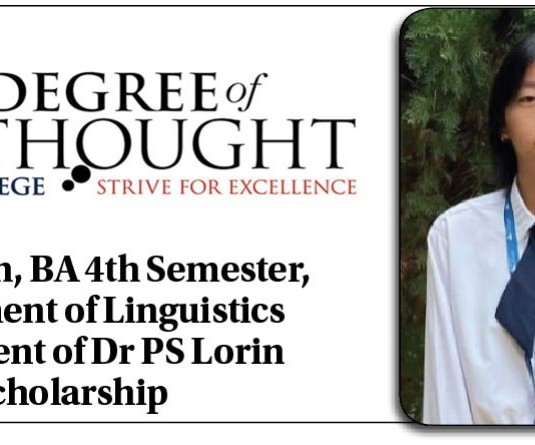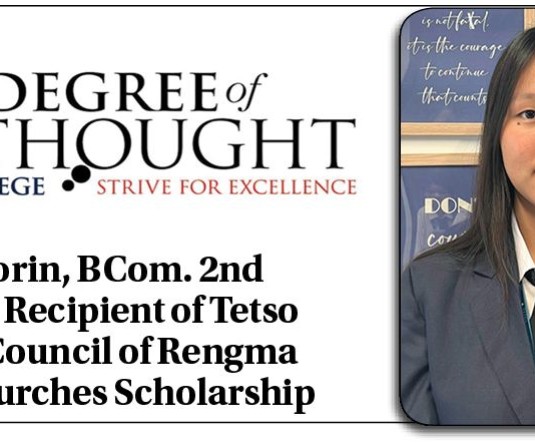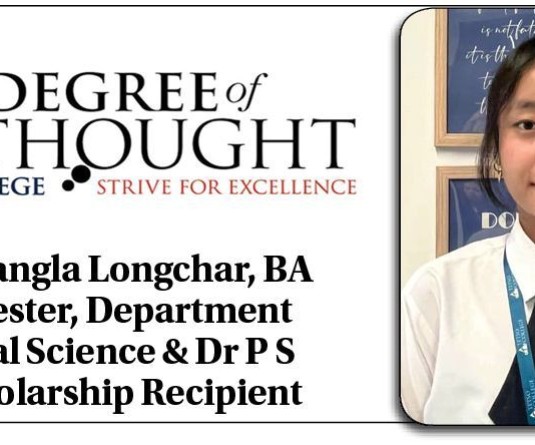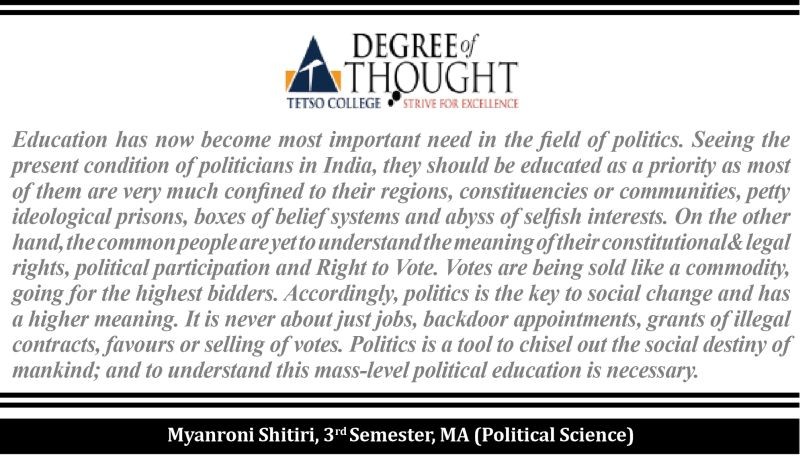
Beyond the broad definition of politics as a process of competing claims, one should also define politics as an activity involving the common people influencing the acts and policies of a government.
As we understand it, education is a process of inviting truth and possibilities, of encouraging and allowing time for exploration. Education entails treating everyone equally and without distinction. It also implies assisting the regular people by passing on the knowledge one possesses.
If we correlate politics and education, it is political education that comes up: ‘everything improves with education’ and ‘politics may be found everywhere.’ So, if we ‘marry’ them, it is possible that some good would emerge. It is vital to embrace the truth that politics has a significant impact on education. Politics is required for education to exist and advance. They are, in some ways, intertwined.
The aim of education is to provide everyone with the opportunity to play an active role in moulding the future of a democratic society, and political education attempts to motivate individuals of all ages to participate in democratic societies and communities. Political education is essential for improved political skills, knowledge, and democratic involvement. It provides an awareness of political linkages such as supremacy and power dynamics.
Goals of and Importance of political education
The goal of political education is to get people interested in politics and to become responsible citizens by teaching them how to analyze and asses a given political situation. Its objective is to teach basic knowledge on how politics works, developing an understanding about politics and encouraging involvement in politics i.e. to learn the significance of voting.
A good political understanding is important not only for teaching politics, pursuing a career as a professional politician, or working in a government ministry, but also for working in numerous specialised institutions and voluntary organisations, voting, and having political conversations.
I am convinced that political education for the general public would raise the number of young people voting, boost political engagement overall, and reduce misinformation in a matter of years.
Importance of Voting
We live in a perplexing environment, and cannot expect young people to go from pure ignorance to political comprehension without some assistance. There is a very solid reason why young people vote less frequently than others. Moreover, they might have limited time to surround themselves with enough opinionated pals or their life circumstances might not have pushed them to grow up on their own.
The only way to get people to those polls, short of making voting mandatory is to make them understand why their vote ‘Do’ matter. Who would not vote if they understood that their vote could make their lives and the lives of their loved ones immeasurably better?
Speaking of Indian democracy, I feel that everyone should vote since we have the ability to choose who will rule over the office, and this also allows us to have a say in this political arena. The entire process of a democracy is to have a say in the political scene and to ensure that everyone's voice is heard, and this is what makes up a democracy with everyone engaging in it.
A number of empirical studies have shown that young people, particularly in the age group from 18-24 years, do not vote. A 2011 BBC survey highlighted that young people have no interest in politics around the world.
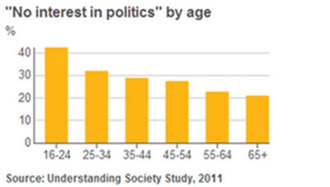
People often feel that a single vote will not make a significant difference, but this is far from the truth, and people must see this as soon as possible. Young voters are notorious for undervaluing the value of voting, yet their voices matter on both sides of the aisle.
Few reasons why young people must vote are:
1. Young voters account for half of the voting population, making them a powerful political force.
2. Every vote counts.
3. Youth can sway away the election
The popular adage, "Voting is not only our right, but also our obligation," goes a long way in informing us that we have responsibilities as citizens of the country. To ensure that we citizens run and take care of our country, we must vote. Many have died across the world fighting for this privilege. We should not ignore the opportunity to vote as a prize, but rather be responsive and participate in it.
Voting is the technique by which a common people can convey their political opinions. It is critical to recognise that elections serve as a backbone for democracy because they allow us to choose the best person to lead the country even when everything else fails. As a result, we must recognise that voting for the correct person can have a ripple effect. An election ensures that the government is for the people, by the people, and for the people. To contribute to the country, all it takes is a simple participation i.e. casting one’s precious vote and bringing changes as every vote counts.
Politics surrounds us. You may not agree with it, but it is true. Every day, you are touched by and actively participate in the ever-present march of politics. Every time you buy something, watch the news, or talk with your friends about the status of the world, you are, in your own small way, leaving your imprint on the country's political landscape. By choosing one brand over another, you are endorsing that firm and becoming a part of their statistics, making them larger than their competitors and more important overall.
Accordingly, the need of political education should is the need of the hour, a prerequisite. It is through political education one can learn and study Indian polity and political leaders and be well-versed of the political scenario around us. The more interest common people have, the better they can understand the impact of their participation in the political process.
Degree of Thought is a weekly community column initiated by Tetso College in partnership with The Morung Express. Degree of Thought will delve into the social, cultural, political and educational issues around us. The views expressed here do not reflect the opinion of the institution. Tetso College is a NAAC Accredited UGC recognised Commerce and Arts College. The editors are Dr Hewasa Lorin, Dr Aniruddha Babar, Khangpuiliu Pamei, Rinsit Sareo, Meren and Kvulo Lorin. For feedback or comments please email: dot@tetsocollege.org.



